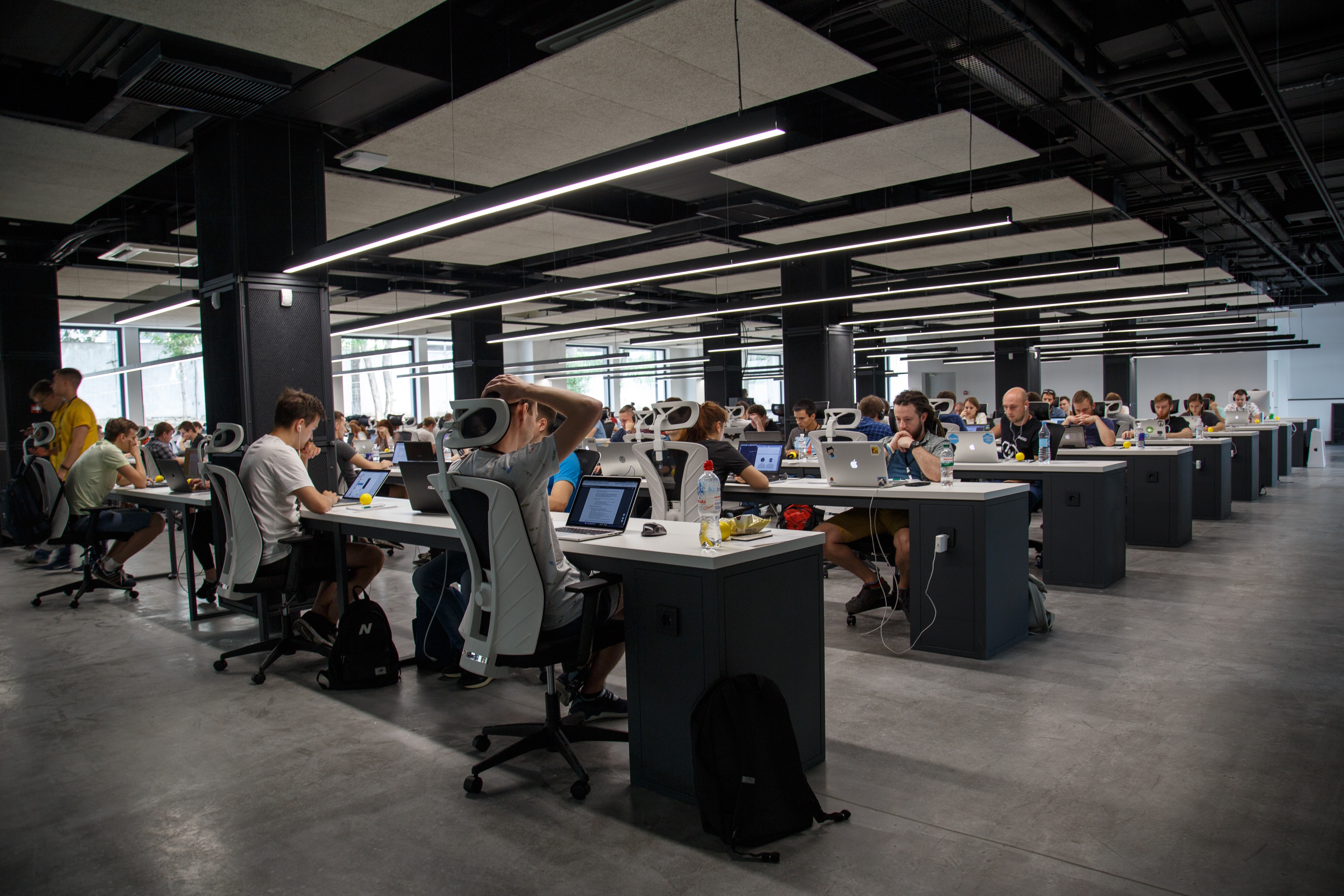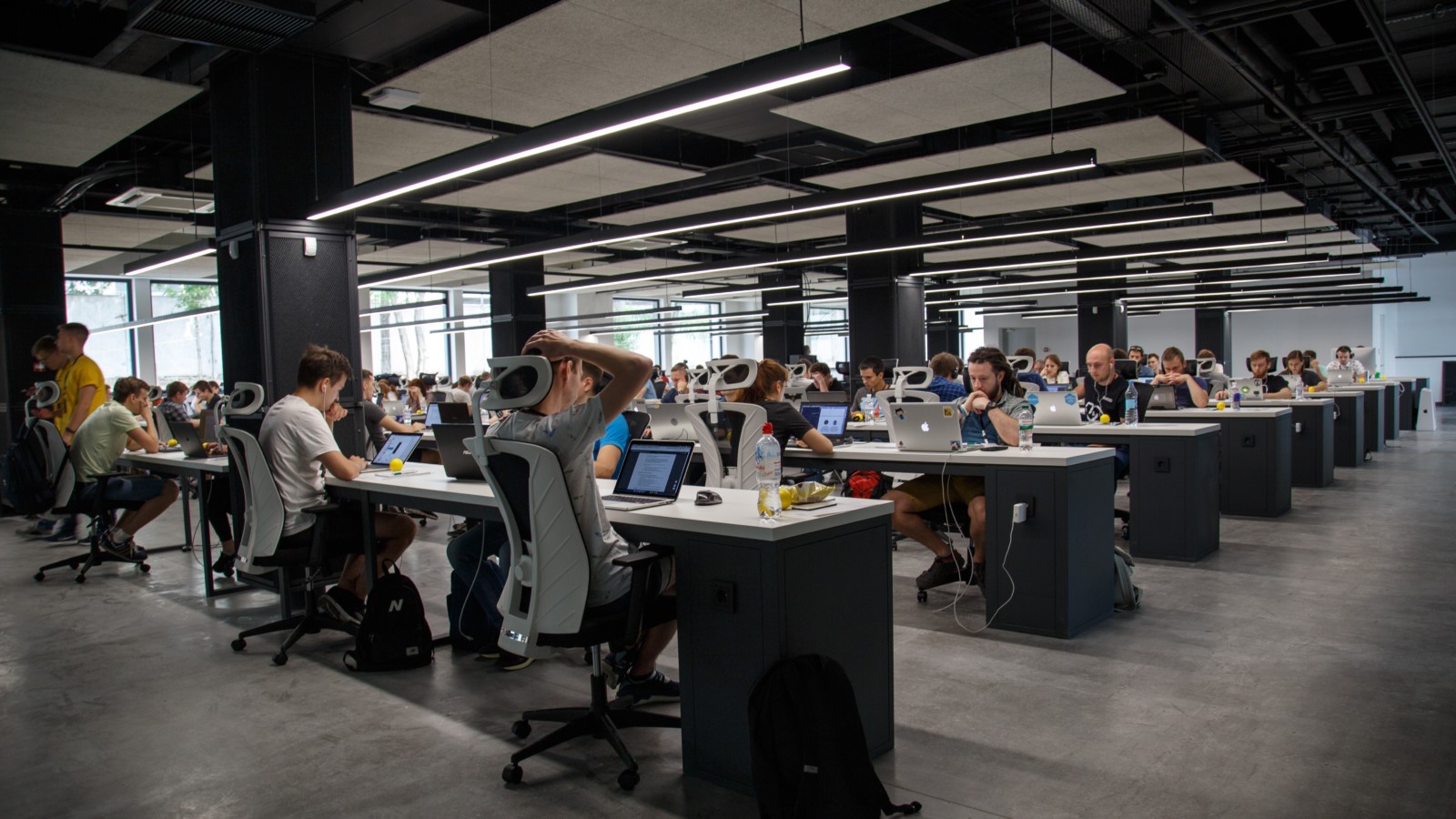Our attention is a treasure coveted by interests of all kinds. But it is also fragile, volatile and difficult to keep under control. It is a great gateway to our inner self and an engine of will. Put at your service, it is an indispensable ally to achieve purposes. Concentration, prolonged attention in time, can be a circumstance of maximum productivity and creativity at work. Achieving this state is a triumph that should not be underestimated. How to concentrate at work?

Learning to concentrate is a question of willpower
There is no shortage of stimuli. Concentration is becoming increasingly difficult to achieve in a world that continually demands our attention, where everything is more and more open, liquid and changing. This is also true in the workplace. Being aware of this, we can act to build and maintain a good state of concentration at work.

1.Let’s start at the beginning: Take a few minutes before starting the day to plan it, including breaks. It is a guarantee that you will not overload yourself and that your concentration will not waver at the last minute due to fatigue (not so much, at least). Exercise realism and don’t push yourself beyond what you can really do. With practice, you will increasingly adjust the time it takes for each task you undertake.
2.Prioritize what will take you the most work for the moment of the day when you find yourself with all your senses at one hundred percent. There are those who find this moment in the morning, first thing in the morning, and those who are more active in the evening and get active in the afternoon. If you can choose, pay attention to your biorhythm or to favorable circumstances such as the quietest time in the office and take advantage of it.
3. Use music if you can. When you are in a space where noise is unavoidable (open offices, a lot of hustle and bustle of entrances and exits) it is possible to train yourself to know how to build concentration and take care of it. Protect your concentration point: be clear, with kindness, about your need not to be interrupted. Perhaps a headset with music can help you preserve those moments. Try to balance moments of concentration with moments of interaction with others.

How to stay focused
4.Persist. The brain will be trying to escape. Do not give in to other stimuli. During the time you set out to start and finish a task, don’t let up. A thousand trap-thoughts have crossed your mind to stop what you are doing. Always say: not now and continue until you finish what you were doing or the time you set for yourself. This training will be rewarded with the satisfaction of work finished on time.
5.Avoid procrastination. It is necessary to overcome procrastination until there is no other choice but to do the task that costs the most but that, inevitably, must be done. It is curious, but this procrastination until the last moment, on the other hand, favors an intense productivity in banal things (or that is not the time to undertake). Detect when you are procrastinating and use your willpower to get back to what you were doing.
6.You can try techniques such as the pomodoro, in which you program 25 minutes of maximum concentration and five minutes of rest with a timer (the person who baptized this technique uses a kitchen timer in the shape of a tomato). Every two hours, fifteen minutes of rest. The concentration-rest dynamic will make you more productive. It is like packing time, not letting it dilate while you work. It will also help you to calculate how long it takes you to do a task and you will be able to plan it better. During work time it is important not to allow distractions to steal your attention. Give them their time, but afterwards.
Tips for better concentration in the office
7.Plan for interruptions: In an office there are continuous interruptions with requests and communications. An exercise that can be very effective to respect the concentration that everyone needs to work is to make a practice of restraint. Do not interrupt other people every time a need arises. Instead, gather all the information you want to convey at pre-planned times (at the beginning of the day, in the middle of the day, as the day has unfolded). Generalizing this attitude will improve the work environment.
8. If you can, set up non-interruption zones or suggest doing so. For specific tasks that require concentration or for people who need it.
9. Sleep enough hours. A well-rested brain is less likely to lose concentration. Do some sport. In addition to the own benefit that supposes for the organism the routine of the sport will help you with other routines that will be the base to fortify the will, companion of the concentration.


